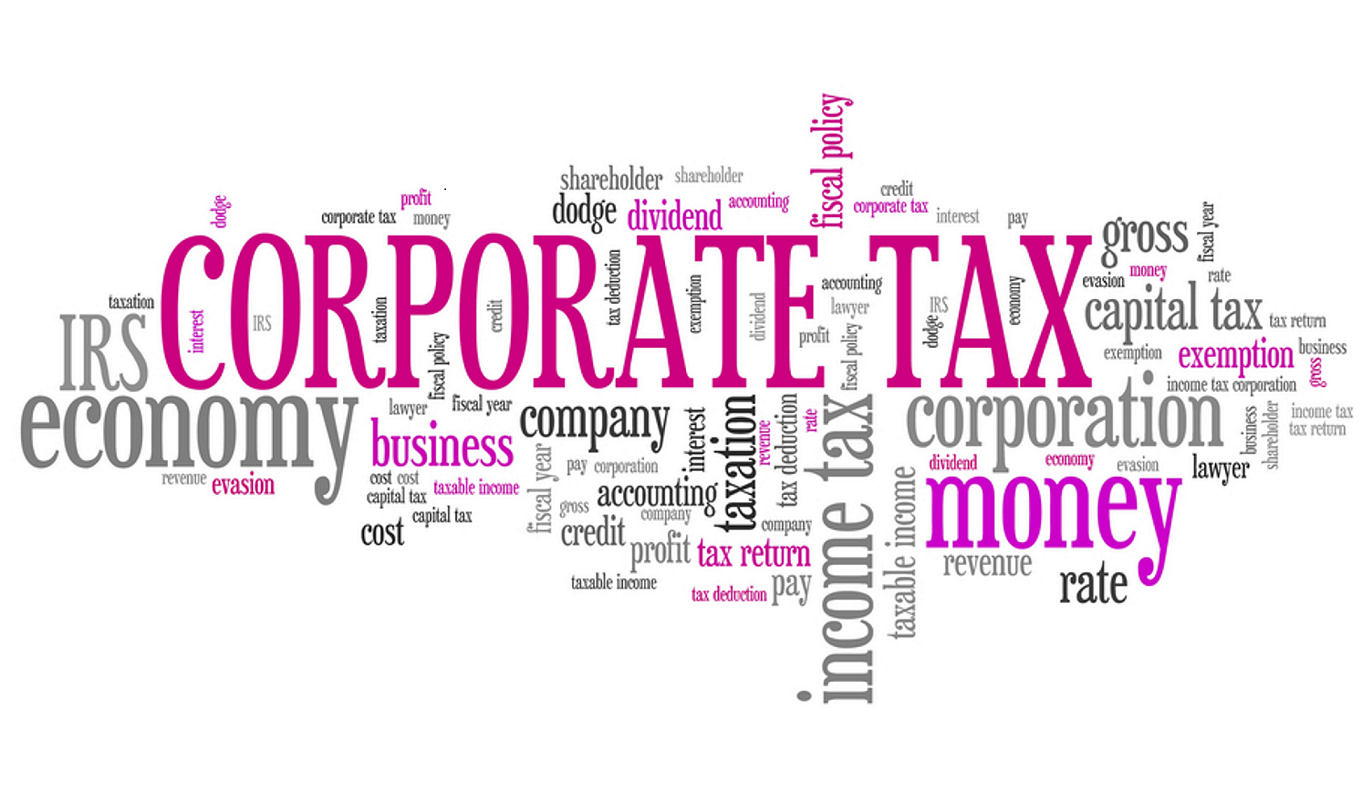
Corporation tax is a fundamental aspect of fiscal policy, impacting businesses of all sizes and industries. It is a tax imposed on the profits of companies, and it plays a crucial role in a country’s revenue generation and economic stability. Understanding corporation tax, its implications, and effective strategies for managing it is essential for businesses operating in today’s complex economic landscape. In this article, we explore the Essentials of Corporation Tax, its importance, and how businesses can navigate this fiscal terrain successfully.
The Basics of Corporation Tax
Corporation tax, also known as business tax, is levied on the profits generated by companies and corporations. The tax is calculated based on the taxable profits of a business, which typically include income from various sources, such as:
- Trading activities: The revenue generated from a company’s primary business operations, whether in manufacturing, services, or sales.
- Investment income: Earnings from investments, such as interest, dividends, and capital gains.
- Capital gains: Profits realized from the sale of assets like property or shares.
The tax rate for corporation tax can vary from country to country and often depends on the level of taxable profits. Governments set these rates as a means of revenue generation and economic regulation. Companies are required to report their profits, calculate the tax due, and pay the tax in compliance with their country’s tax laws and regulations.
Key Aspects of Corporation Tax
- Tax Rates: Corporation tax rates differ across countries. Some nations have a single corporate tax rate, while others may have a progressive system with varying rates for different profit levels.
- Tax Deductions and Credits: Many countries offer deductions, allowances, and tax credits to businesses for certain expenditures, such as research and development, job creation, and investment in specific industries.
- Double Taxation: In some cases, corporations may be subject to double taxation, where they are taxed on profits at both the corporate level and the individual shareholder level. Countries often have mechanisms in place, such as tax treaties, to mitigate double taxation for international businesses.
- Compliance and Reporting: Corporations are required to maintain accurate financial records, report their profits, and pay corporation tax in accordance with their country’s tax authorities’ guidelines. Failure to do so can result in penalties.
The Importance of Corporation Tax
Corporation tax serves several essential functions in a country’s fiscal framework:
- Revenue Generation: It is a significant source of government revenue, funding public services and infrastructure.
- Economic Policy: Corporation tax rates can be used to influence economic behavior, such as encouraging business investment or stimulating job creation.
- Fairness and Equity: It ensures that companies pay their fair share of taxes, preventing tax evasion and promoting fiscal equity.
- Stability: It helps maintain economic stability by contributing to government budgets and fiscal planning.
Navigating Corporation Tax
Effective management of corporation tax is vital for businesses. To navigate corporation tax successfully, consider the following strategies:
- Compliance: Stay up-to-date with tax laws and regulations, ensuring compliance with all reporting and payment requirements.
- Tax Planning: Implement tax-efficient structures and strategies to minimize tax liability while staying within the boundaries of the law.
- Record Keeping: Maintain comprehensive financial records and documentation to support your tax returns.
- Professional Advice: Seek the assistance of tax professionals, such as accountants and tax advisors, to ensure that your tax strategy aligns with your business objectives.
- Tax Credits and Deductions: Take advantage of available tax credits and deductions to reduce your corporation tax liability.
Conclusion
Corporation tax is a fundamental component of a country’s fiscal policy, and it has a significant impact on businesses. Understanding its principles, implications, and effective strategies for managing it is essential for business success. By staying informed about tax regulations, implementing tax-efficient structures, and seeking professional advice when needed, businesses can navigate the intricacies of corporation tax while ensuring compliance and financial stability. A proactive approach to corporation tax can lead to more efficient operations, enhanced profitability, and a stronger financial position in today’s competitive business environment.


